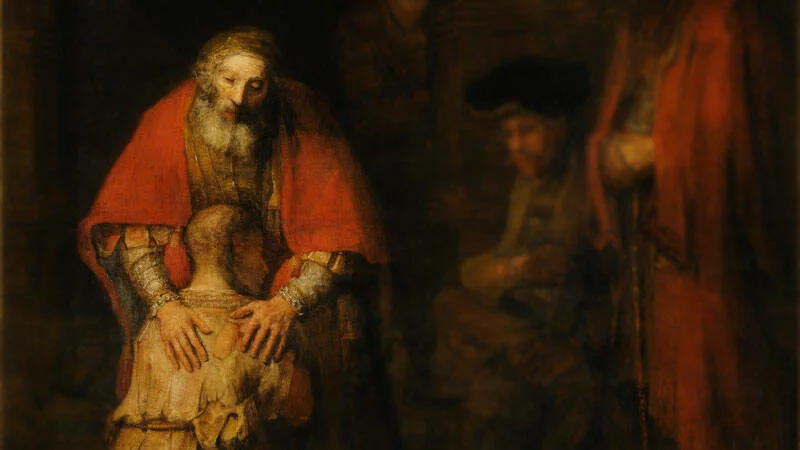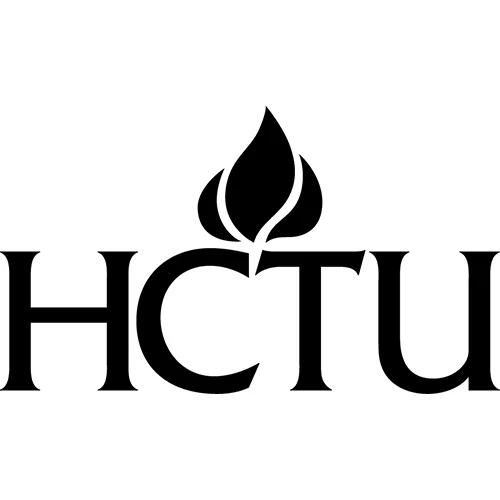In 2014’s final Scripture and Ministry lecture, Cornelius Plantinga examined the virtue and craft of forgiving others who have wronged us. Beginning by theologically situating the forgiveness of sins, Plantinga explored how the doctrines of justification and union with Christ in his death and resurrection form the basis for our understanding of the forgiveness of others.
Following Calvin in his definition of justification as “God’s acceptance of guilty sinners into his favor, forgiving their sins and imputing Christ’s perfect righteousness to them,” Dr. Plantinga argued that because in justification God forgave us, it is therefore fitting that we forgive others. It is not only fitting, but obligatory: “forgive us our trespasses as we also have forgiven those who trespass against us.” After examining how these two kinds of forgiveness are linked, Dr. Plantinga moved to the second doctrinal basis for forgiveness: forgiveness is one form of dying and rising with Christ. It mortifies the old self and raises the new.
In the second half of the lecture, Dr. Plantinga developed an account of what it is we actually do when we forgive others. Drawing from the work of Robert C. Roberts, Plantinga defined forgiveness as “To forgive another person is to nullify the offense that this person has committed against you.” He then unpacked from this definition two elements that parallel justification and conversion: the quasi-legal act of pardoning the offender, and giving up your anger for the sake of the offender. This is not excusing, tolerating, or condoning the offense, but rather acknowledging the just blame, real offender, and real offense that is being forgiven.
Plantinga then moved to developing an account of the craft of forgiveness, arguing that to practice the craft of forgiveness one must purposely bring to mind certain generous considerations: you set about to reframe your picture of the offender and of his offense. He then outlined eight of these considerations which contribute to our ability to forgive well.
The lecture concluded with Dr. Plantinga weighing on a debate between Robert Roberts, Lewis Smedes, and Gregory Jones regarding the primary beneficiary of the act of forgiveness: the offender or the victim. Noting that the Scriptural accent marks on the topic of forgiveness highlight that it is an act of grace, Plantinga argued that the primary beneficiary is the offender. Moving from this point, Dr. Plantinga also briefly explored other crucial elements of forgiveness: reconciliation, memory, trust, length of time, and repeat offenses.
The act of forgiveness is “pure liquid grace.” It is both the gift of God and our calling, and is pursued by honing the craft of forgiveness in which we deliberately bring to mind heart-softening considerations.





Comments
Be the first one to make a comment!